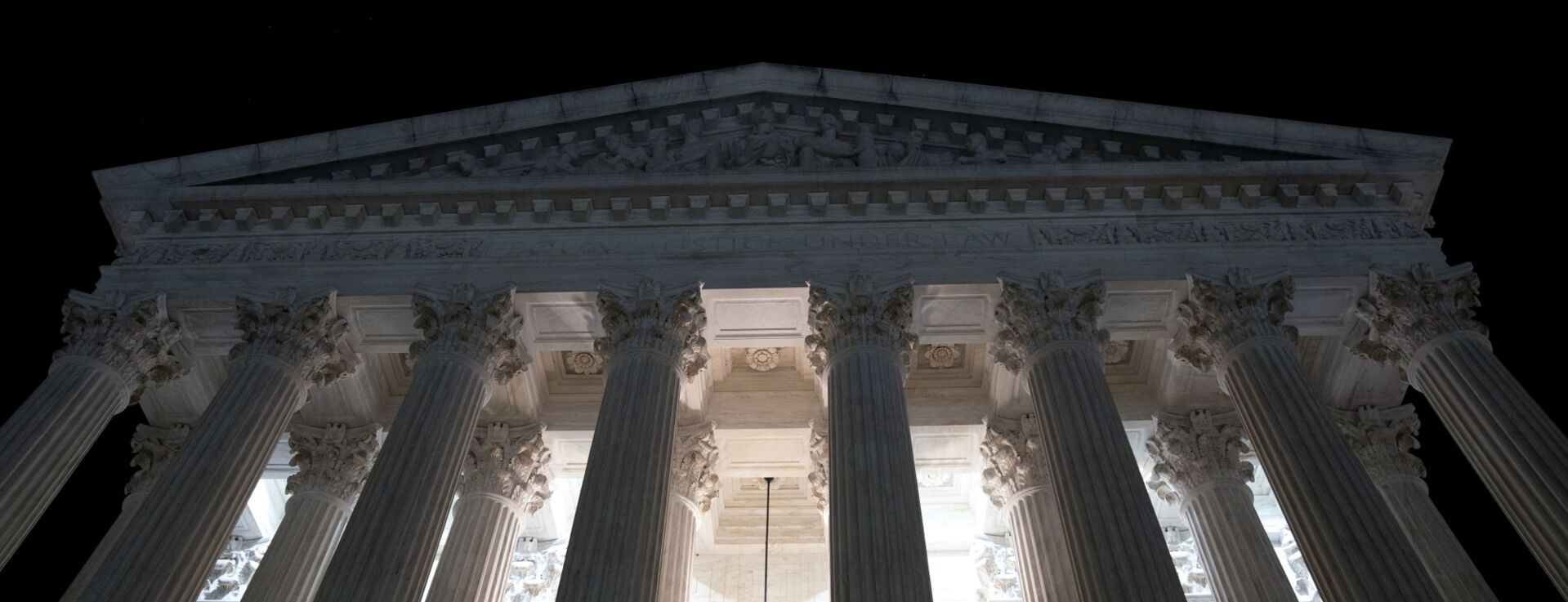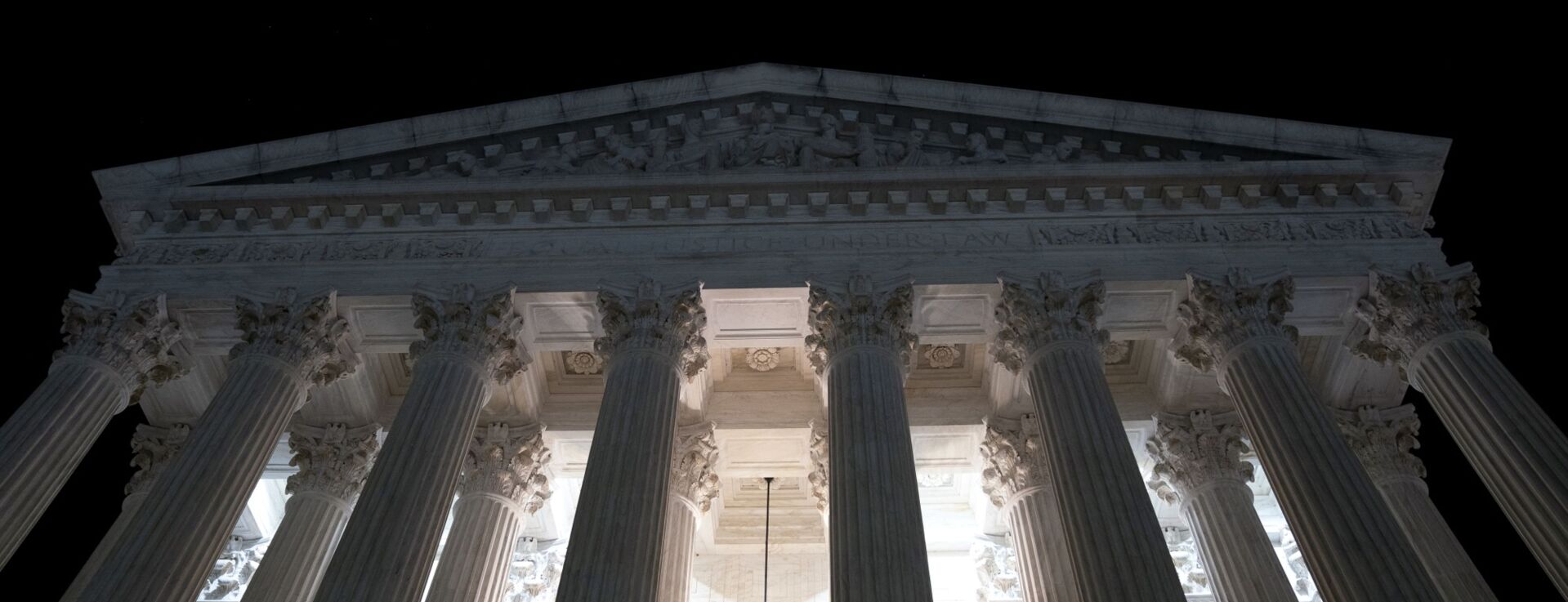
The US Supreme Court has ruled that an insurer responsible for paying thousands of asbestos injury claims has the standing to challenge the restructuring plan of a bankrupt wallboard manufacturer. The decision, which was unanimous, allows Truck Insurance Exchange to contest Kaiser Gypsum Co.’s Chapter 11 plan due to its significant financial stake in the outcome. The plan obligates Truck to cover many of the approximately 14,000 claims against Kaiser, with potential payouts reaching up to $500,000 per claim.
Justice Samuel Alito did not participate in the decision. The Supreme Court’s ruling overturns a previous decision by the US Court of Appeals for the Fourth Circuit, affirming that insurers like Truck are “parties in interest” under the bankruptcy code and therefore have the right to be involved in reorganization proceedings.
The court noted that insurers with financial responsibility for bankruptcy claims can be directly and adversely affected by reorganization proceedings in various ways. An attorney for Kaiser did not immediately respond to a request for comment.
This ruling comes as insurers are increasingly taking on more prominent roles in bankruptcies involving mass tort litigation, particularly in Chapter 11 cases involving Catholic dioceses facing sex abuse claims. In many such instances, bankrupt entities utilize insurance policies to pay claims.
Kaiser’s attorneys argued that allowing insurers to object could lead to disruptions by other parties seeking advantage through another entity’s bankruptcy. However, the Supreme Court rejected this argument in an opinion written by Justice Sonia Sotomayor. The court emphasized that insurers with financial responsibility for claims are not peripheral parties and thus have a direct interest in the proceedings.
Kaiser’s asbestos trust also includes a $49 million contribution from its parent company, Lehigh Hanson Inc. Truck Insurance Exchange opposed Kaiser’s plan in the US Bankruptcy Court for the Western District of North Carolina, arguing that it lacked fraud safeguards for the claims Truck was required to cover. Truck alleged that Kaiser colluded with asbestos claimant representatives to include anti-fraud measures for uninsured claims but not for insured ones.
The bankruptcy court had initially ruled that Truck did not have standing to challenge the plan, a decision upheld by the Fourth Circuit last year. The appeals court found that Truck lacked standing because the bankruptcy plan did not alter its rights or responsibilities. However, the Supreme Court rejected this reasoning, known as the “insurance neutrality” doctrine, stating that it conflates the merits of an objection with the question of who is a party in interest.
Justice Sotomayor wrote that this doctrine is conceptually flawed and impractical. Truck argued before the Supreme Court that the absence of fraud safeguards affected it and justified its right to challenge the settlement. During oral arguments in March, Justice Elena Kagan appeared to agree with this perspective.
Truck Insurance Exchange is represented by Gibson, Dunn & Crutcher LLP, while Kaiser Gypsum is represented by Jones Day. The case is Truck Insurance Exchange v. Kaiser Gypsum Co., U.S., No. 22-1079.

